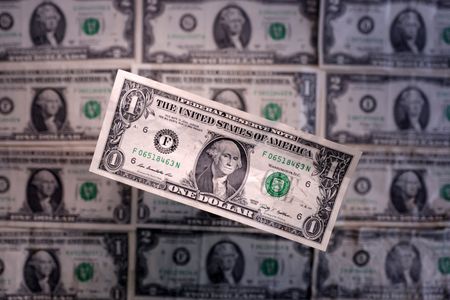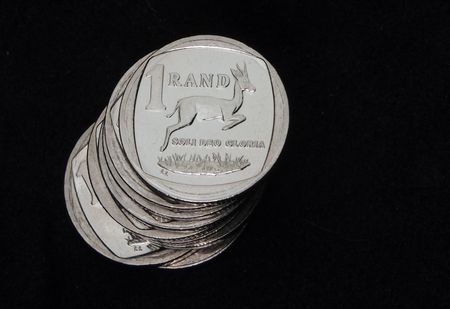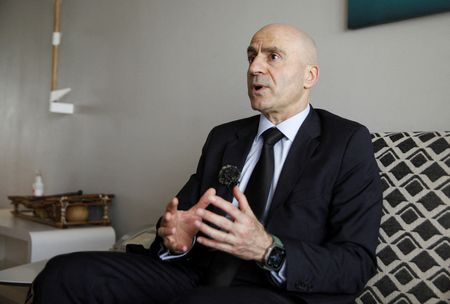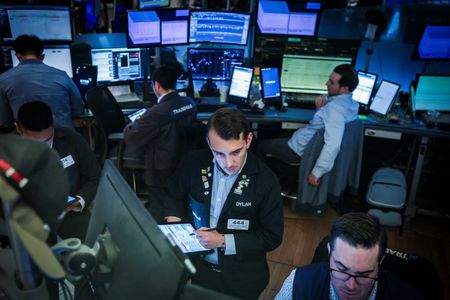(Fixes typo)
By Laura Matthews
NEW YORK (Reuters) -The dollar clung to gains against the euro and the yen on Wednesday, paring much of the strength made earlier in the day as investors focused on upcoming U.S. economic data for policy cues, even as worries persist over the Federal Reserve’s independence.
The euro touched its weakest level since August 6 and was last down 0.09% at $1.1631. Sterling eased up 0.12% to $1.3496, while the dollar slipped against the Swiss franc 0.14%, and was flat versus the Japanese yen at 147.445.
In U.S. afternoon trading, the dollar index, which measures the greenback against a basket of currencies, alternated between gains and losses and was last up 0.02% at 98.227.
“Traders are largely in a holding pattern as we await key earnings today from Nvidia and core PCE on Friday,” said Michael Boutros, senior technical strategist at StoneX. “Its unlikely traders will want to take on any significant new exposure into the monthly cross until we get through these data points.”
New York Fed President John Williams said on Wednesday it is likely interest rates can fall at some point, but policymakers will need to see what upcoming data indicate about the economy to decide if it is appropriate to make a cut at next month’s meeting.
Although the dollar appears to have shaken off the immediate worries over Fed independence that followed U.S. President Donald Trump’s attempt on Monday to fire Governor Lisa Cook, the U.S. Treasury yield curve has steepened.
Cook’s lawyer later said she would file a lawsuit to prevent her ouster, kicking off what could be a protracted legal fight.
“I don’t think the markets are very concerned about the drama with Ms. Cook and the Fed. They are a little more concerned about what Donald Trump has been saying about wanting lower rates,” said Joseph Trevisani, senior analyst, FX Street.
“If the Fed starts to move on interest rates, the U.S. economy will pick up strength, and that is going to end up supporting the dollar.”
Since his return to the White House this year, Trump has relentlessly pressured the central bank to lower interest rates.
Money markets are pricing in a 87.2% chance of a 25 basis point rate cut in September, according to the CME’s FedWatch tool.
Elsewhere, political developments in France are the focus for the euro as Prime Minister Francois Bayrou battles to save his minority government ahead of a September 8 confidence vote over budget cuts.
A majority of French people want new parliamentary and presidential elections, opinion polls showed on Wednesday.
“There was a lot of concern about European politics, but I think that the some of those concerns have abated. The market is more comfortable with the politics in Europe than anyone expected even six or eight hours ago,” said Steven Englander, head of global G10 FX research, Standard Chartered Bank.
Investors will next week examine U.S. labour market and business survey data for clues on the future path of Fed policy.
Meanwhile, they will be keeping an eye on U.S. personal consumption expenditure data later this week, which if it “comes in as expected, I’m pretty sure the Fed is going to move (on a rate cut),” said Trevisani.
French government bonds steadied on Wednesday, a day after the yield on the 10-year benchmark bond climbed to its highest level in five months.
Meanwhile, preliminary data released on Wednesday showed that British producer output price inflation rose to a two-year high of 1.9% in June, up from 1.3% in May, adding to signs of inflationary pressures in the economy.
(Reporting by Jaspreet Kalra and Laura Matthews; Editing by Ros Russell and Nick Zieminski)








